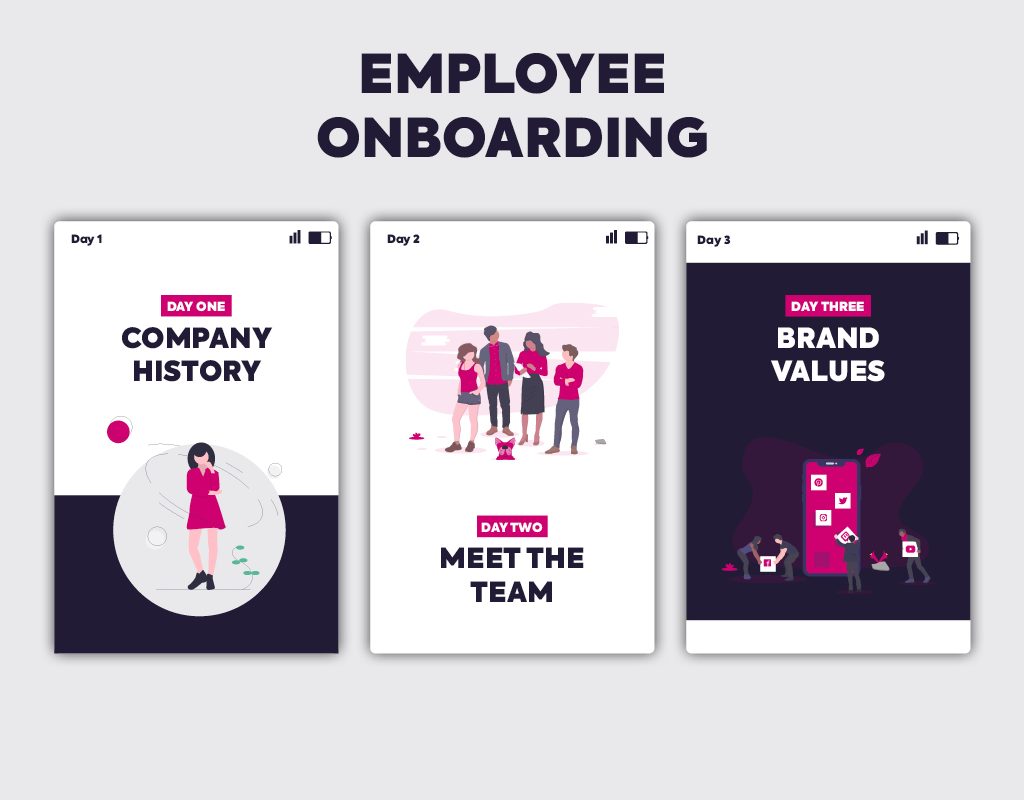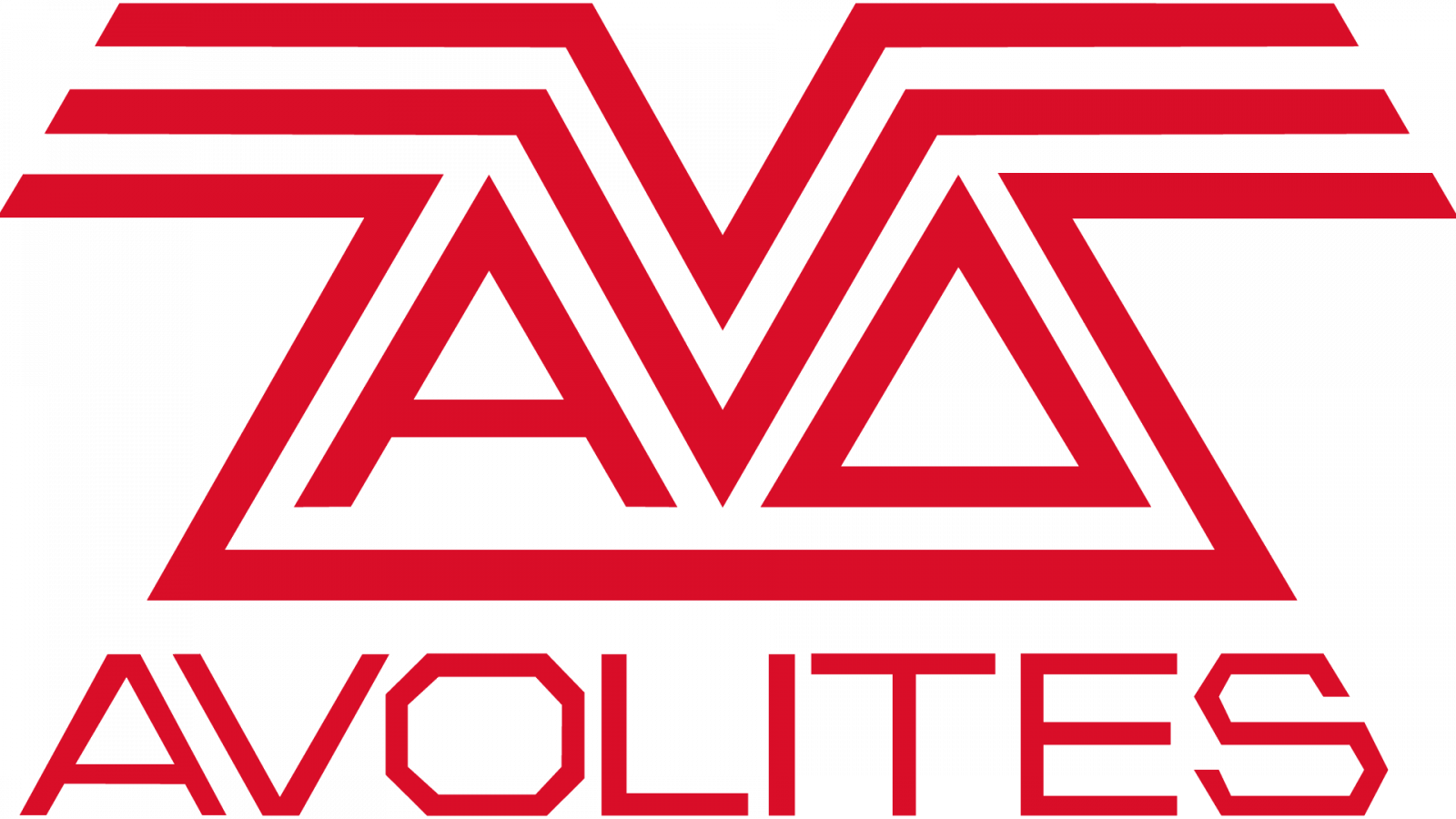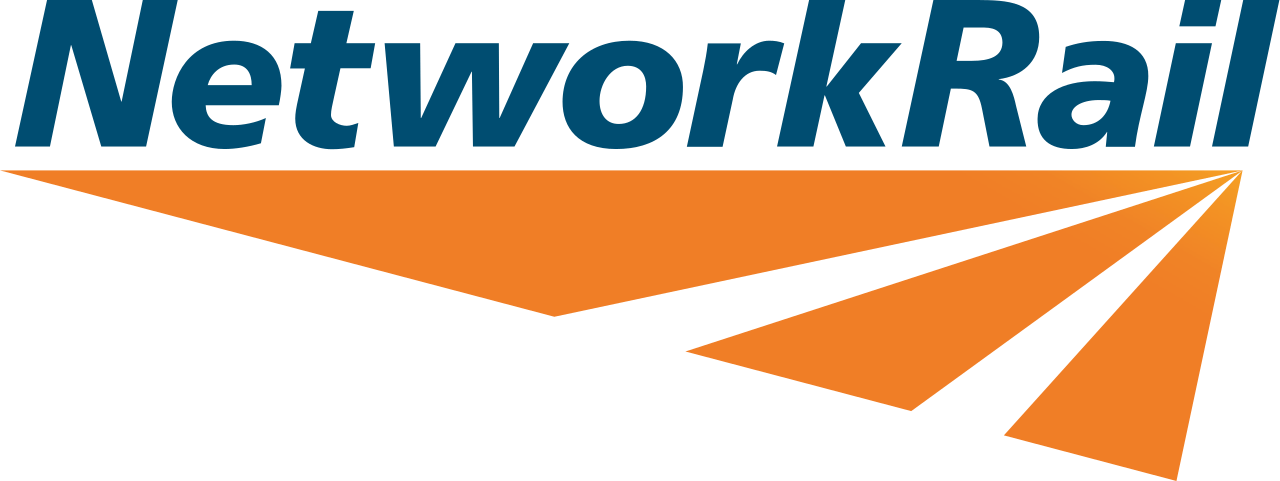Home - Blog - e-Learning Advice - LMS for Business: How eLearning contributes to L&D success
LMS for Business: How eLearning contributes to L&D success
Although the use of learning management systems within the workplace is increasingly common, and adoption of e-learning has accelerated significantly in recent years, (particularly during the coronavirus pandemic) many organisations we speak to don’t necessarily realise the full extent of what an LMS can be used for.
We hear a lot about the cost savings associated with moving traditional face to face classroom-based sessions online, but what does that mean? Simply collecting together a series of documents and presentations which were previously used in a seminar setting isn’t an effective way of replacing in-person courses.
There’s no simple answer to the question “What is an LMS for business?” because no two organisations will be using their LMS in exactly the same way. Effective deployment of e-learning within an organisation requires planning – both to identify specific needs (which vary substantially between different sectors and individual businesses) and to define how these can best be addressed via an online-only or blended model.
01 How is an Learning Management System (LMS) used in a business setting?
At Titus, we work with a wide variety of organisations, from across the public, private and third sectors, and we’ve helped a range of clients implement an e-learning strategy which works for them. In this piece, we’ll look at some of the most common areas in which organisations are deploying e-learning:
- Onboarding of new hires
- Developing product knowledge
- Learning new skills
- Compliance and certification
- Managing partnerships
In each case, we’ll review how using an LMS adds value for businesses, and we’ll review some real-life examples from organisations which Titus has worked with.
02 Onboarding and induction of new hires
“Pay attention to your culture and your hires from the very beginning.”
-Reid Hoffman, co-founder of LinkedIn Tweet
Onboarding and induction represent a critical phase in any employee’s career with an organisation, but too often this process is rushed or truncated due to more immediate demands on the time of both the trainers and trainees.
Moving induction training online brings with it a number of advantages which can mitigate this effect and ensure that each new starter receives the same level of support, a consistent training experience and access to the supplementary resources they need to onboard successfully.
The most obvious benefit of locating induction training online is the breadth of media which can be used to support learners through the onboarding process. Video, interactive games, quizzes, audio and documentation can all be combined into individual courses which address a specific area of the process. Unlike with traditional training models, new staff can access these courses from any device, at any time, allowing them to work through the material at their own pace or revisit certain topics if needed.

Using a business LMS is also an ideal way to facilitate collaboration during the induction process. Rather than a one-to-one relationship between the new employee and the person assigned to their training, the communication tools within platforms like Moodle Workplace open up the possibility of involving subject matter experts from other departments, other training staff or even other new starters.
The reporting and analysis functionality available with online learning platforms allows training managers to access a real-time overview of the progress of individual learners, or entire cohorts, and to pinpoint any individuals who may be struggling or disengaged, allowing them to more accurately target their support and guidance.
Of course, face-to-face training still has an important part to play, on both a personal and professional level, but moving to a blended model of induction training which incorporates both directed online training as well as self-service and peer-to-peer learning opportunities adds an extra dimension to the process.
Most importantly it allows new employees greater freedom to act on their own initiative, empowers them to plan their learning around the responsibilities of their role, and encourages them to proactively access support when needed.

Example: Wasabi Sushi & Bento
Titus worked with restaurant chain Wasabi to transform training delivery by creating a bespoke Moodle LMS which allows them greater freedom in tracking the progress of each of their employees.
Managers at the chain can log in to their existing HR system and see real-time data pulled directly from the learning platform, showing how well learners are engaging with their courses and their achievements to date.
Course administrators can quickly and easily assess trainees’ existing knowledge and direct them to the most appropriate resources. Classroom quizzes can be automatically graded, and the results fed into the HR system. The end result is that training staff have much less pressure on their schedule and can redeploy their efforts to mentoring individual trainees where necessary.
"The team at Titus Learning was super supportive and knowledgeable. We had a dedicated team helping us set up and implement the system. They really helped us address some functionality issues through current plugins and advising us on further development.” - Wasabi
03 Using an LMS for Business to deliver Product knowledge

“Know your product inside and out before you start working. And relate that knowledge to the consumer’s needs.”
– Bill Bernbach, co-founder of DDB Tweet
Product or service training is a key part of the learning and development strategy within many organisations, ensuring that employees are up to speed on the company’s latest offerings and can provide accurate information to customers. This is of particular importance in industries where large volumes of new products or updates are released regularly, such as FMCG, fashion and technology.
Offering product training via an LMS allows businesses to upload training resources in a range of formats, catering to the specific learning style of their employees and choosing the best medium to illustrate the specific aspect of the product. For example, a clothing retailer might create PDF documents for sizing information, combined with images of the different styles available in a particular line, videos of the clothing being modelled and interactive interfaces to allow colour picking.
With the relevant content stored in the learning platform, employees can access it from anywhere, and from any device, enabling them to work through the training at their own pace, and refer back to the supporting materials whenever necessary. For high-volume retailers this is particularly useful, as staff no longer have to retain huge amounts of detailed information, instead, they can log into the LMS from a mobile device and access the product data they need on an ad hoc basis.
Online learning also allows for the personalisation of training, which improves efficiency by removing the need for employees to repeat courses which they don’t need. Conditional activities allow organisations to create individualised learner journeys so that experienced staff who can demonstrate their knowledge on a particular product line can move on to the next task, while staff who require more support can be offered extra resources.
For managers, the ability to access real-time data and analysis on how their employees are progressing enables them to plan the timing of product rollout and launches, identify which staff are best qualified to take the lead on introducing new lines, and target employees or branches where extra input or assistance is needed.

Business LMS in action: Avolites
Avolites Ltd is a multinational technology company based in London which manufactures high-end professional lighting control consoles, stage dimming equipment, and media servers for use in the professional stage lighting and media control systems industries. Titus worked with Avolites to implement a Moodle LMS which allows them to offer product knowledge courses to their global network of trainers and end-users.
The new LMS has enabled them to handle the rising demand for product training as their business has expanded, and analyse and report on rich data gathered from users to assess how they are engaging with the course and plan future modules to better meet their needs.
“The platform allows us to provide several basic courses and a few specialist courses to allow people to start learning wherever they are without having to wait for months. It will decrease wait times for face to face training and provide a resource users can access and work through at their own pace.” - Avolites
04 Compliance and certification
“If you think compliance is expensive, try non-compliance”
Gen. Paul McNulty, former US Dep. Attorney General Tweet
As well as knowledge-based training, the corporate LMS is increasingly used as a vehicle for the delivery of skills-based training, including the assessment and award of qualifications and certifications.
Managing compliance is a key part of many organisations’ learning and development functions, particularly where maintaining current certification is a requirement for employees to be able to carry out their role. In some sectors, non-compliance can lead to serious financial or legal consequences. Using a business LMS to manage compliance allows businesses to keep track of groups and individuals with regard to their compliance status.
Certificates can be issued with an expiry date, so the LMS will automatically prompt users to retake an assessment or course in order to ensure they are up-to-date, and the notification and reporting tools within the platform can alert management if particular employees are approaching the end of their compliance period.
Moodle Workplace, for example, allows for the creation of compliance programmes, which group together courses, content and assessments allowing for easily navigable learning plans, with certificates issued automatically on successful completion, or manually after review by a manager.
Content can either be created in-platform, or imported from a third-party provider – or more, commonly, organisations use a combination of the two approaches, which allows learning and development teams to utilise off-the-peg content packages, but also adapt or add to them to reflect the specific challenges or demands of the business.
Business LMS in action

Titus worked with The City of London Police Economic Crime Academy to digitise their compliance training, particularly in the field of fraud prevention, with a custom-designed Moodle platform which we adapted to their specific use case following several days of consultancy with the team.
As well as improving access to the training itself, moving to deliver all compliance training through Moodle means that the Economic Crime Academy is better able to track individual users, notify them in advance of the date at which they need to recertify and access reporting and analytics on the compliance status of specific groups.
The main benefits for users are that all of the course material is online and the need for endless print outs is not necessary. Like anything, training constantly changes but the Moodle platform allows us to electronically manage our material and delegate experience.” - City of London Police
05 Multi-tenant systems
“An organization’s ability to learn, and translate that learning into action rapidly, is the ultimate competitive advantage.”
– Jack Welch, former CEO, General Electric Tweet
For larger organisations, where the need for effective learning and development spans multiple departments or sites, hosting everything on a centralised platform may not be the most efficient way to operate, potentially causing confusion for individual users who encounter extraneous information not directly related to their role.
Equally, setting up a separate LMS platform for each subdivision, team or branch can cause issues with consistency, branding and reporting, as each group operates within their own silo and structures their programmes in their own way.
Corporate platforms such as Moodle Workplace obviate this by offering a multi-tenancy solution, which allows organisations to create multiple “tenant” platforms which essentially divide up the main LMS into sub-platforms which remain interconnected while having their own users, branding and courses.
This facilitates the sharing of data across the platform where needed while allowing individual departments to curate their own LMS, so their users only see courses, activities and resources which are related to their roles or responsibilities.
Reporting and analysis can similarly be restricted to a single tenant for managers within that division, while also available at a global level for higher-level executives, giving them an overall view of learning and development across the organisation.
It’s an ideal solution for any company which has multiple sub-brands, regional or overseas locations, franchises or partners, or for businesses providing branded LMS access to client organisations, such as training companies or professional membership bodies.

Business LMS in action
Titus worked with Network Rail on a wide-ranging vision for a new Moodle platform to facilitate internal training processes, as well as providing chargeable training to external audiences.
The initial rollout involved 50,000 users based around the UK who have access to over 200 courses including security on the railway; industry common induction; personal track safety and data protection essentials. Moodle Workplace’s multi-tenancy capabilities allow the creation of multiple sub-platforms for individual regions of the UK, allowing the day-to-day management of learning and development to be devolved to local teams.
“The new Moodle Workplace platform has allowed us to share technical information easily throughout Network Rail, route operators and to our supply chain. The platform enables us to direct learners to our eLearning via one URL and track enrolment numbers and completions, making it easy to report back to the project team.”- Network Rail
06 Getting started with an LMS for business
Of course, the areas which we’ve looked at above by no means represent an exhaustive list of the capabilities or potential use cases of business LMS platforms such as Moodle Workplace, and in reality, most organisations will use their LMS for a range of applications.
However, the examples given illustrate the breadth of challenges which can be solved by a well designed and well configured learning management system, and the real-world results in terms of time savings, risk reduction, lowered costs and increased employee satisfaction, engagement and empowerment.
If you’d like to explore how Moodle Workplace could supercharge e-learning in your organisation, Titus is well placed to advise you, as a Certified Premium Moodle Partner and winner of the 2022 Moodle EMEA and Moodle Workplace Partner of the Year Award.
Get in touch with one of our team to explain the key challenges in your organisation and we’ll work with you to devise the right solution.

Privacy Policy | Cookie Policy | Data Protection Policy | Equality, Diversity and Inclusion Policy
© 2023 Titus Learning LTD | Company Number 08799881 | VAT Number 1813 09027

